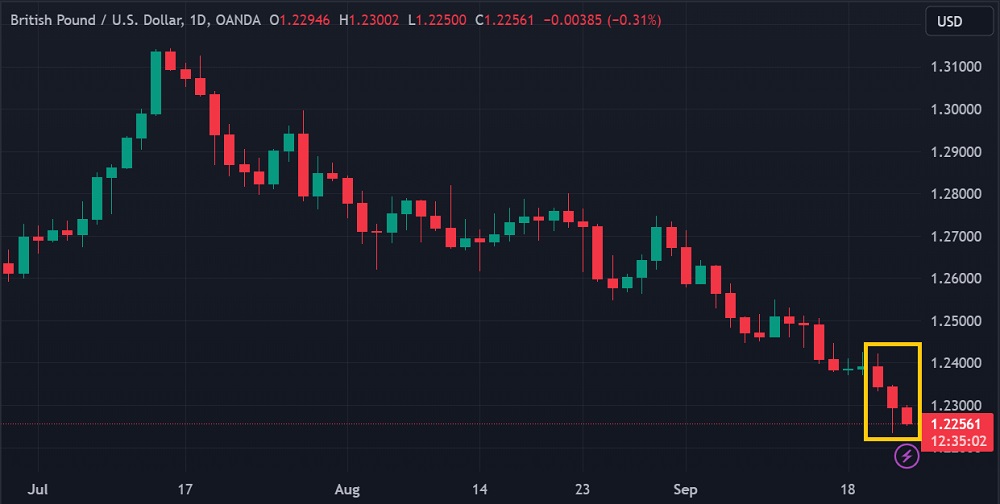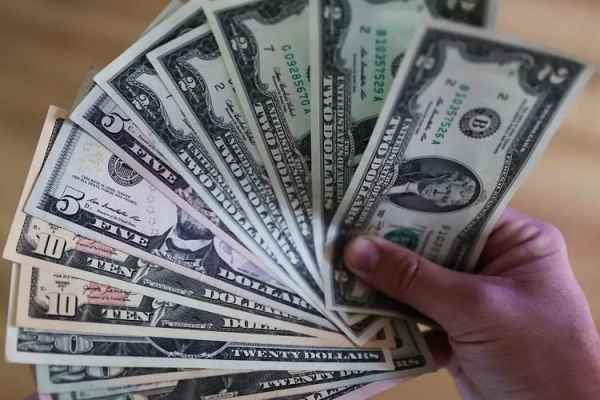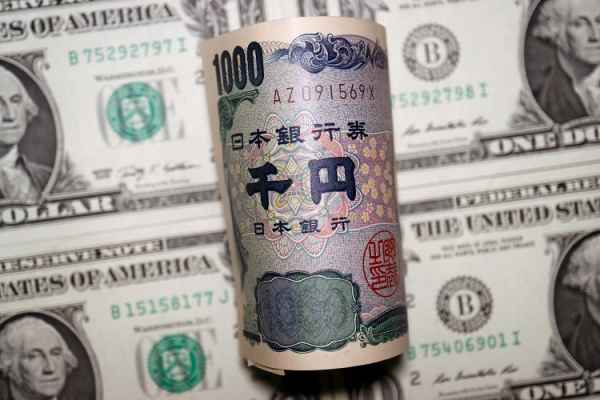GBP/USD buried at its lowest level since March, while EUR/GBP soared to its highest level since July.
The pound sterling has been the loser in the forex market this week as a series of significant events have hit it. GBP/USD is buried at its lowest level since March, while EUR/GBP has soared its highest since July. GBP/JPY is also restrained near a one-month low despite the dovish statement from the Bank of Japan earlier this morning.

The Sterling turmoil began with the release of UK inflation data that fell short of expectations on Wednesday. There was a disappointing interest rate announcement yesterday and lackluster retail sales data today (September 22nd).
Yesterday, the Bank of England (BoE) maintained the benchmark interest rate at 5.25%. The voting results showed that five members of the Monetary Policy Committee (MPC) supported keeping the interest rate unchanged, while four other members wanted to raise it to 5.50%. BoE Governor Andrew Bailey, as the key voter, chose to maintain the current interest rate.
The BoE's interest rate decision disappointed the market, as the previous consensus expected the BoE to raise rates by 25 basis points for the last time. The BoE's statement also did not explicitly commit to raising interest rates further, leading market participants to doubt the prospects ahead.
Samuel Tombs, Chief UK Economist at Pantheon Macroeconomics, stated that it is challenging to anticipate the results of the last two MPC (BoE) meetings of the year based on the minutes, citing the divided opinions this month.
He further explained that due to surveys indicating ongoing labor market weaknesses, a slight deceleration in wage growth, and low CPI inflation expected at year-end, the argument for additional rate increases in November or December would not be more compelling than the current situation.
A handful of analysts, on the contrary, predict that the BoE will cut interest rates earlier next year. Experts from ING estimate that the UK interest rate cut will begin in the middle of 2024, while economists from ABN Amro and Berenberg Bank anticipate a rate cut starting in the second quarter.
According to Kallum Pickering, a Senior Economist at Berenberg Bank, it is probable that the market will reduce its expectations regarding the Bank of England's (BoE) interest rate path in early 2024. This adjustment is anticipated due to the UK's economic weaknesses and the slowing inflation rate, which may prompt the BoE to adopt a less hawkish stance and consider preparing for potential interest rate cuts starting from the spring season and beyond.
Concerns about the UK economy are quite justified. The latest UK retail sales data shows a growth of only +0.4% in August 2023, falling short of the consensus estimate set at 0.5%. Both core and headline retail sales data recorded -1.4% annually.

 Dedicated FREE FOREX VPS
Dedicated FREE FOREX VPS Free FOREX Virtual Private Server
Free FOREX Virtual Private Server MT4 Demo Contest, Get $500
MT4 Demo Contest, Get $500 Sign Up for an Account, Claim 60% Deposit Bonus
Sign Up for an Account, Claim 60% Deposit Bonus Free MT4/MT5 VPS 2024
Free MT4/MT5 VPS 2024 Send E-mail and Get Free Merchandise
Send E-mail and Get Free Merchandise $1K Refer a Friend Bonus for Pepperstone Pro clients
$1K Refer a Friend Bonus for Pepperstone Pro clients Maximize Your Earnings with 100% Deposit bonus
Maximize Your Earnings with 100% Deposit bonus Trade to Win, $5,000 Monthly Demo Contest
Trade to Win, $5,000 Monthly Demo Contest Claim 30% + 15% Deposit Bonus from LiteFinance
Claim 30% + 15% Deposit Bonus from LiteFinance






